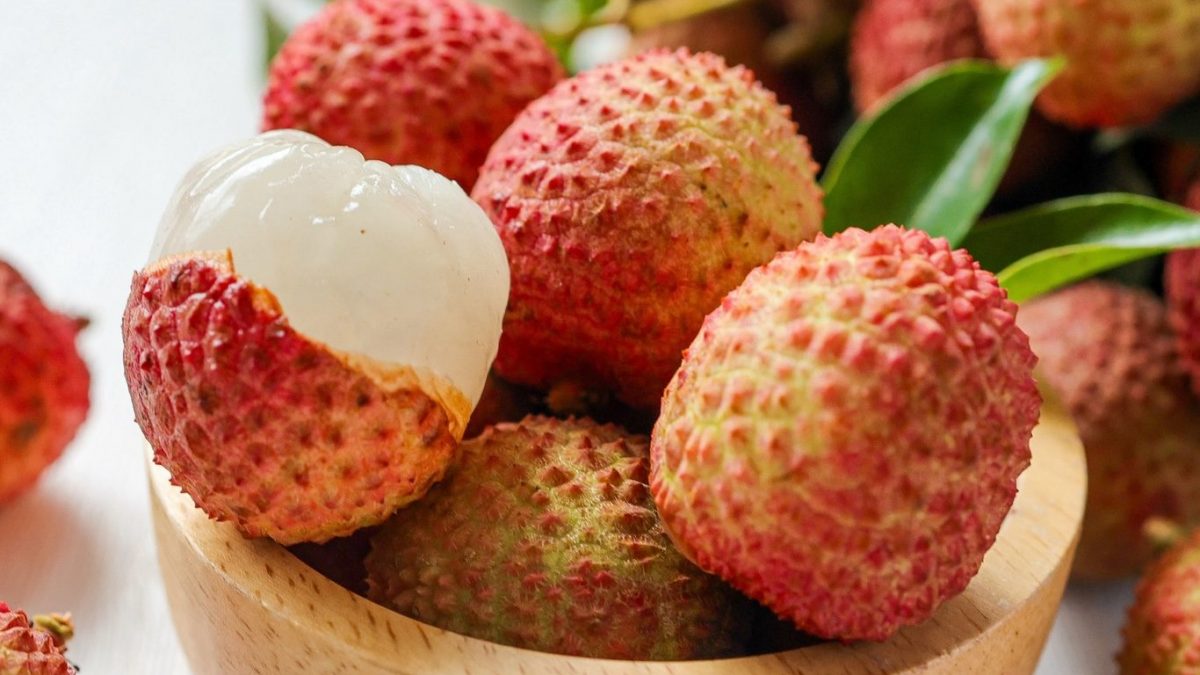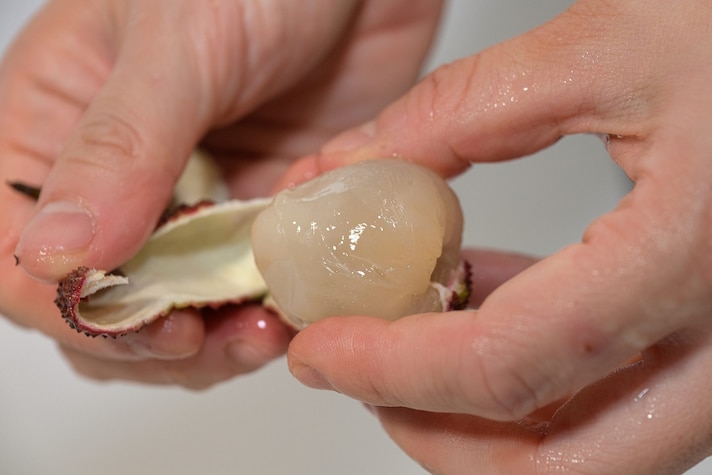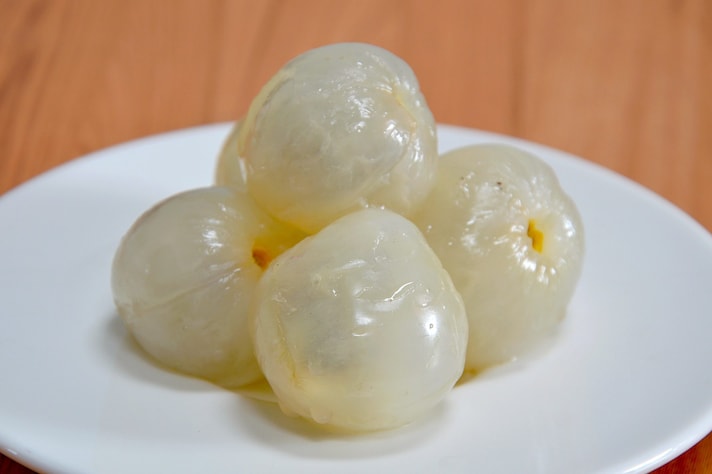
Lychee isn’t just a juicy tropical treat—it’s a vibrant, nutrient-rich fruit offering a surprising array of health advantages. Wondering why it’s being touted as a “superfruit”? Let’s dive into what makes lychee so special, exploring its key benefits, nutritional profile, usage tips, and important precautions.
Nutritional Powerhouse: What’s Inside Lychee?
Vitamin C: A 100g serving delivers over 100% of the daily recommended intake.
Minerals: Includes potassium, copper, magnesium, folate, vitamin B6, iron, and calcium.
Fiber & Antioxidants: Packed with fiber, polyphenols, anthocyanins, and flavonoids that protect your body at a cellular level.
Top Benefits of Eating Lychee
1. Boosts Immune System Function
Lychee is an excellent source of vitamin C, which plays a vital role in stimulating white blood cells—your body’s primary defense against pathogens. A single cup can exceed your daily vitamin C needs, helping you fight off colds, flu, and infections more efficiently. The antioxidants also reduce oxidative stress, which can weaken immune response over time.
2. Improves Skin Health and Slows Aging
Rich in collagen-boosting nutrients, lychee supports youthful skin. Vitamin C stimulates the production of collagen, essential for skin elasticity and firmness. Additionally, polyphenols in lychee protect against sun damage and environmental toxins, helping to prevent wrinkles, dark spots, and premature aging.
3. Aids Digestion and Gut Health
Lychee contains dietary fiber, which promotes healthy digestion by improving bowel regularity and feeding good gut bacteria. It can help relieve constipation and bloating. The natural enzymes in lychee may also support the breakdown of food, making digestion smoother and more efficient.
4. Supports Heart and Blood Vessel Health
Lychee is loaded with potassium, which helps balance sodium levels and regulate blood pressure. Its antioxidants help prevent oxidative damage to blood vessels, reduce LDL cholesterol (the “bad” kind), and improve circulation—lowering the risk of heart attacks and strokes.
5. Hydrates and Refreshes the Body
With a water content of over 80%, lychee is incredibly hydrating. This makes it an ideal snack during hot weather or after workouts. Staying hydrated helps with everything from regulating body temperature to maintaining energy and mental clarity.
6. Provides a Natural Energy Boost
The combination of natural sugars (glucose and fructose) and B vitamins makes lychee a quick source of clean energy. It’s a perfect snack to combat afternoon fatigue without reaching for processed energy drinks or sugary snacks.
7. Protects Against Inflammation and Chronic Disease
Lychee is rich in flavonoids and polyphenols, which act as anti-inflammatory agents. Regular consumption may reduce the risk of chronic conditions like arthritis, type 2 diabetes, and certain cancers by calming systemic inflammation.

8. Supports Brain Health and May Improve Cognition
The B vitamins in lychee, particularly B6, play a key role in neurotransmitter function. Antioxidants also help reduce oxidative stress in the brain, which is associated with cognitive decline and neurodegenerative diseases like Alzheimer’s.
9. Supports Weight Management
Low in calories and fat, lychee makes a great addition to weight-conscious diets. Its natural sweetness can help satisfy sugar cravings in a healthier way, and the fiber content promotes satiety—keeping you full longer.
10. May Have Antiviral and Anticancer Potential
Preliminary research has shown that certain compounds in lychee, like oligonol, may inhibit virus replication and cancer cell growth. While more studies are needed, these findings suggest promising therapeutic benefits.
How to Enjoy Lychee
- Fresh: Simply peel and eat—the flavor is a blend of strawberry, pear, and grape.
- Recipes: Add to smoothies, fruit salads, salsas, cocktails, or Asian-inspired desserts.
- Storage Tip: Keep in the fridge, unpeeled, for up to a week.

Precautions & Side Effects
- Avoid the Seeds: Lychee seeds are toxic and should never be eaten. While the juicy flesh of the lychee is perfectly safe and healthy, its seeds contain toxins such as methylenecyclopropylglycine (MCPG) and hypoglycin A. These compounds can interfere with normal glucose metabolism, particularly when consumed on an empty stomach or in large quantities.In severe cases—mostly reported in malnourished children in rural India—ingesting unripe lychees or their seeds without eating a proper meal has led to sudden hypoglycemia (dangerously low blood sugar), which in some cases caused seizures, brain swelling, and even death.➡ Tip: Always discard the seeds, and keep lychees out of reach of small children. Never consume unripe lychees.
- Watch the Sugar: With around 15g of sugar per 100g, people with diabetes should enjoy in moderation.
- Allergy Alert: If you’re new to lychee, start with a small amount to avoid possible sensitivities.
;Resize,width=767;)
